
Youth Darts Information
Darts primarily is an adult sport. However, all dart players start somewhere, and it is usually at a very early age. It is also essential to stress steel-tip darts pose a small risk due to the nature of their sharp pointed end, and therefore a responsible adult should take charge when a minor is playing the sport.
If you feel the risk is too high, you will see a reference to 'Soft-tip' darts on this page. Soft-tip darts have plastic/nylon points and are used in conjunction with a purposely manufactured soft-tip dartboard. However, although Soft-tip darts this is highly popular in the USA, Asia and some European Countries it has yet to have the same impact in the UK. This page is primarily referring to Steel-tip darts, played by millions of players over the world.
The sport of darts only survives on new players picking up darts and playing. UK-based organisations, the Junior Darts Corporation (JDC) and the Professional Darts Corporation, have dedicated youth development schemes to help nurture the future Michael van Gerwen's, Phil Taylor's and Trina Gulliver's of this world. Over the past two decades, the sport of darts has grown into a multimillion-pound industry, yet it is still a relatively cheap sport to play compared to others.
The UK County Darts system also helps develop young players, although not all counties have dedicated youth teams. United Kingdom Darts Association now manages the England and Wales county darts system, and the Scottish Darts Association the Scottish Regions. However, your enquiry may be better placed with your local county team.
Television coverage has inspired new generations to pick up a set of darts and have a go. Now there is also a dedicated Disability Darts Organisation in the UK, the 'British Disability Darts Association' (BDDA) and World Disability Darts Association' (WDDA).
Common Questions
I receive a lot of emails from parent's asking where their son or daughter can play darts in their locality. Unfortunately, I do not have a list to provide. When I was a youth, I played darts at a youth club, and some after School activities arranged by teachers and youth workers. Teachers have found darts is useful for teaching primary mathematics in a fun environment and tend to encourage children to play as this has a direct effect on their mental mathematical ability.
Dartboard Heights for Youth Players!
It is no different in the dartboard height or throwing distance in 'Youth regional dart competitions' regardless of age or sex. However, as many of us know a young player age, seven can find it difficult to throw the full distance and can have problems retrieving darts that have landed high in the board.
When first starting, it is acceptable to use an alternative dartboard height, and in some cases distance, however, the later can cause an issue. A dart thrown by an adult travels on average at 40mph, hence to say, if the dart hits a dartboard wire the dart will bounce back. This is known as a bounce out. Standing too close could mean the dart returning fully to the thrower and could cause possible injury. This is why darts is considered an adult sport, and a responsible adult should supervise the very young playing the game at all times.
By early teen years, secondary school age, the board should be at standard height. Teenagers over the next few years will grow fast, and during this time, it will allow your budding star to play at the correct height/distance setup.
Word of Warning
It has not been unknown to place a chair underneath a dartboard to allow the young dart player to stand on to retrieve their darts safely from the dartboard. The young person shouldn’t need to overreach to remove their darts from a dartboard. If a dart isn’t firmly in the dartboard, the slightest touch can make it fall, and this potentially could cause an injury to anyone that has to overreach.
'Darts is an adult sport, and children should be supervised when playing.'
For guidance and home setup.
You can use a rule that is considered to be the rules used years ago as regards the dartboard height. It is believed the height of a dartboard 5'8" (173cm) was the average height of a man in the UK circa the 1900s. The dartboard height is measured from the centre bullseye to the ground. You could use the height of the young person as the measure to set up the dartboard. However, keep the distance the same to keep things safer. Alternatively, use the dartboard setup used by a wheelchair user. The throwing distance remains the same, but the dartboard height to the centre of the bull is 137cm, not 173cm in a standard setup. If a young player takes to the sport, look to move the board up to the correct height sooner rather than later, this will help further develop their game.
Selecting a playing height
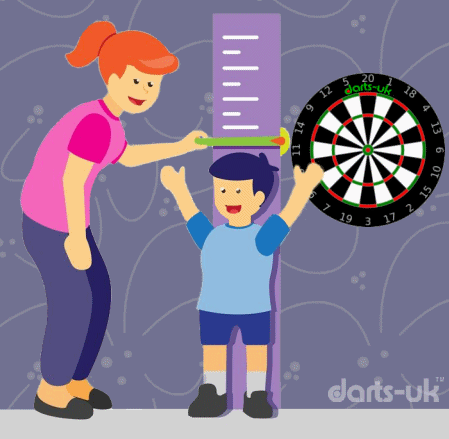
Standard Dartboard Set-up For Steel Tip Darts (Side View)
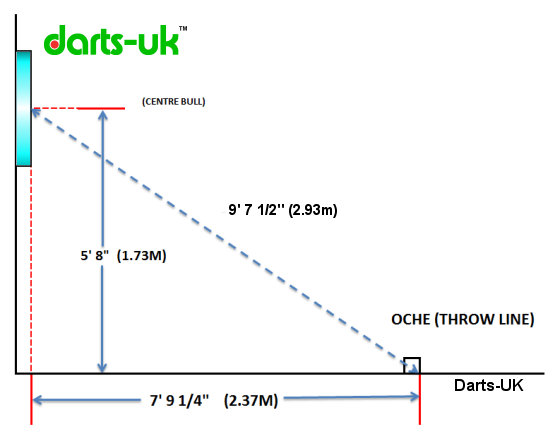
Download Dartboard Set-up Diagram
Soft-tip Darts
If you are a non-player and concerned about your child throwing steel pointed dart then you could consider 'Soft-tip' darts. Soft-tip darts is a widely played game played mainly outside the UK. UK players that play steel-tip darts tend to find the soft-tip variation a little easier, and it has yet to make a massive impact among players that generally play steel-tip.
Soft-tip dart points are made from plastic/nylon, and the darts generally are lighter than most steel-tip darts. The dartboards are made from plastic, not sisal or cheap paper coils.
I don't have any information about soft-tip darts on this website. However, I do have on another website I write Darts501.com. Here is a link to the Soft-tip darts page on the website.
The only illustration I have of soft-tip darts on the Darts501.com website is that of a professional Soft-tip dartboard. Home soft-tip dartboards are readily available and cost around the same as a starting price for a steel-tip sisal dartboard.
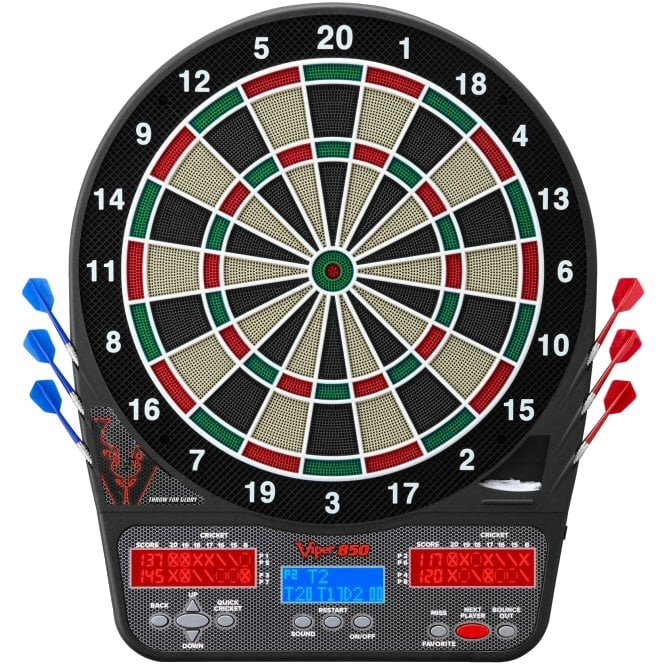
Soft Tip Dartboard

Soft Tip Brass Dart

Soft Tip Tungsten Dart
Soft Tip Dartboard, and Soft Tip Dart examples. The soft tip dartboard will automatically score games for you. The purpose of the dartboard and not a safety measure, as some may believe, but to automatically score!.
Mathematics and darts go hand in hand, it is part of the sport, yet soft tip darts have a professional league and a world championship. Although not played to any high degree in the UK, it is a popular sport in many countries, and in some cases, played more than the original steel tip game.
The soft tip dartboard shown here is designed for home use. Professional Soft Tip Dartboards look more like an arcade machine, and some allow you to link and play players via the internet all over the globe!
Games / Maths
There are lots of games that can be played on a dartboard. Basic games such as round the clock are a great start as they allow players to throw at different scoring areas.
501 or any ’01 game is also suitable for arithmetic. Young players and adults should be able to mentally add up and score a game on a chalkboard, whiteboard, or just using a pen and paper. No professional player has the time to get their calculator out or use the latest phone app!
Overtime scoring will become second natural and fast. It is also a fun way to learn and endorsed by some maths teachers as a means of helping with mental arithmetic!
If you need a little help, you can download a checkout chart from this website or look at another extensive darts website I write, Darts501.com. On the Darts501 website, there is a section about darts and maths.
Any player wishing to progress into a youth or senior darts team will be expected to score. A scorer needs to have quick mental arithmetic and should be able to add up and take away as quickly as a player throw!
There are rules regarding asking for help during a match, but these need not apply in a home setup situation while the young person is learning.
Professional rules dictate that players ask the ‘scorer’ what they have hit and what is left. They may not ask how to check the number. Many games have been lost due to a player’s poor mental arithmetic.
Choosing darts/dartboards for a new youth player
Although darts is comparatively a cheap sport compared to others buying the most expensive products, the sport has to offer shouldn't necessarily be the starting point when you are being introduced to the sport. Dart suppliers provide a wide range of products, including brass darts, although these are becoming less common. A high content tungsten dart is likely to be thinner than its brass equivalent, and this will help with tighter scoring, the maximum 180! However, you will find hundreds of sets available. Players also change their darts, stem/shaft length and dart flight styles and frequent change can be costly. The initial purchase should be lower until you find a sy=uitable weight and style that works best for you. Tungsten darts with less tungsten content, such as 80%, will be cheaper than 90-95%. This is due to the material expense manufacturing costs. Milling higher tungsten grade darts wears the expensive milling stones more than milling softer tungsten allow combination.
The top dart manufacturers sponsor professional players, and the darts they use and endorse will be more expensive than the average set. However, every player will have their own dart set up so you can easily see one type of dart doesn't fit all.

Steel Tip Brass Dart

Steel Tip Tungsten Dart
Dartboards for steel-tip darts.
There are again many variations now available. The standard steel-tip dartboard is made from 'sisal' and plant product. Unless the dartboard states it has dual-core (see Winmau) then the basics of a dartboard are the same. Some dartboards wear better than others on a technical front, but here we are only talking about basics.
Wiring
Round wire, Diamond / Pyramid cut or blade wiring. Here there is a big difference, and the price of the dartboard will rise. Sometimes the wiring is referred to as the spider! (as in Spiders web)
Round Wiring
Round wiring to distinguish the scoring areas will be the cheapest of the boards. The board's surface area will be no different from some of the more expensive models and is a good starting point. The downside, the round wires tend to be fat, and darts bounce from the wires and the pins that keep the wire attached to the board more frequently than others. Pinned wiring can also move over time which is not so good.
Dimond cut wiring
A slight upgrade from the round wire dartboard, advantage fewer bounce-outs with this dartboard. These dartboards are commonly found in pubs and clubs. Like the round wire dartboards, the wire is attached using pins. Over time the wire can turn, and if not maintained, the flat backend of the wire can face forward cause more bounce outs than any dart player would like.
Professional Dartboards
Professional dartboards will be more expensive, and if you are a regular player, this is what you need. The wiring system is built in one section and forced into the sisal using no pins. The wires are sometimes referred to as 'blade wiring' / 'blade scoring segment divider' is thinner up to two-thirds thinner than the wound wire or diamond/pyramid cut wiring. This means more of the scoring areas are exposed. Dart bounce-outs are vastly reduced. There are other technical advantages of these dartboards, which you can read on the manufacturer's websites. However, my experience playing on these boards for many years suggests the blade wire that reached through to the back chipboard is the best for one main reason: the wire remains in place and doesn't pull forward like other similar dartboards can do overtime. Although this isn't the main selling point of the manufacturers, it is a clear winner for this reason alone.
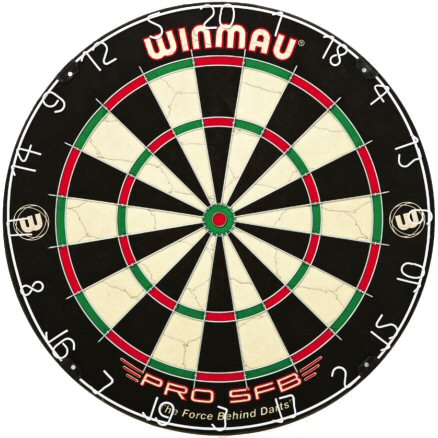
- Round Wire
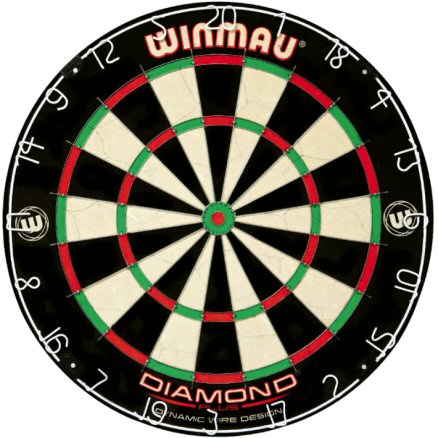
- Diamond Wire
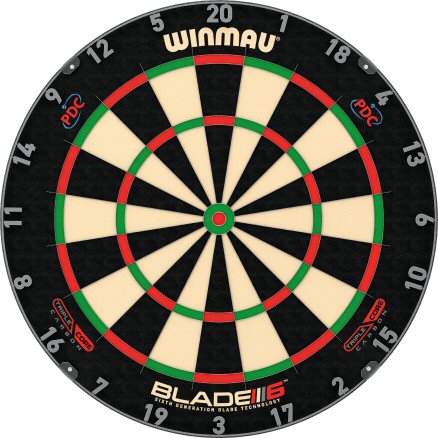
- Blade Divider (PDC)
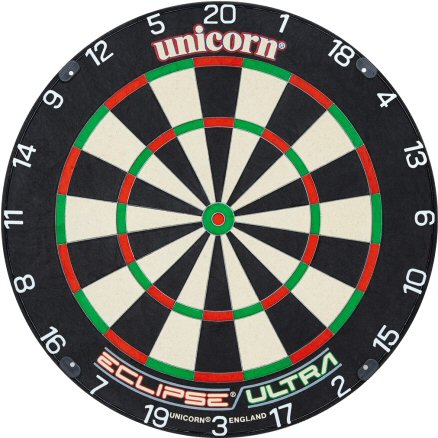
- (Blade) Divider
Useful Contacts
Junior Darts Corporation
There is also a dedicate Junior Darts Corporation (JDC) that has coaching in several counties across the country. The JDC website has a lot of useful information for young dart players and their parents. These include joining fees, coaching courses, tournaments and much more.
Also, England, Scotland, Wales and Northern Ireland have youth teams. But don't think you can just turn up and play for your country, you will have to earn your place in the team first!
Additional information
There is quite a lot of information on the web for Junior and youth darts. There are also dedicated websites that will give you a host of information and contact details. So if you are an inspiring young talented darts thrower and want to get involved in darts in a more significant way, then you will be pleased to know most Counties have youth dart teams. Also, there are also darts development schools and coaches that will help you perfect your game.
County / Local Darts
Your local County Darts team may be the best place for your youth darts enquiry. Most counties have dedicated youth teams and are better placed to advise you on local places to play.
Some youth clubs and after school clubs also have darts facilities for young people to play. So don't forget to check out your local establishments.
County Dart links.
Not all County Darts teams have dedicated websites. However, if they don't, you can usually find them on a social media platform. The links below are for England and Wales county darts teams. Most links are for websites, but a few are for Facebook, Twitter pages where a website can not be found at the time of writing.
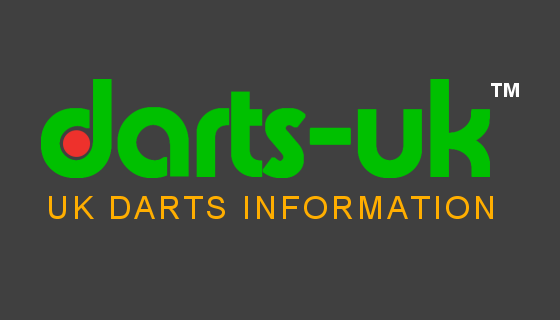
County Darts Information
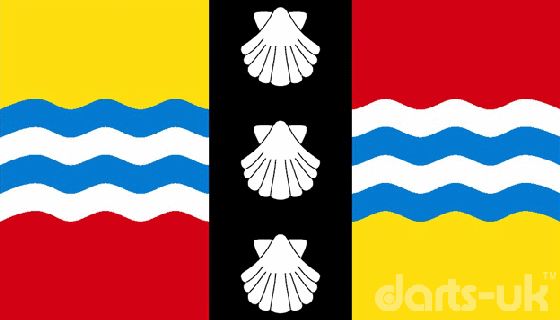
Bedfordshire
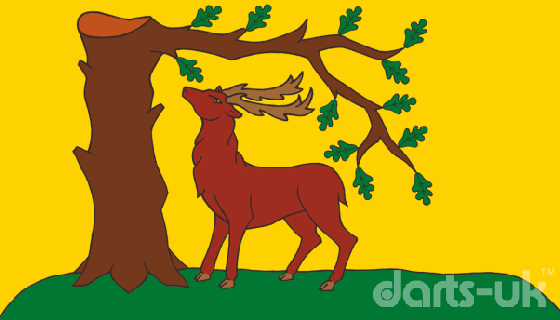
Berkshire
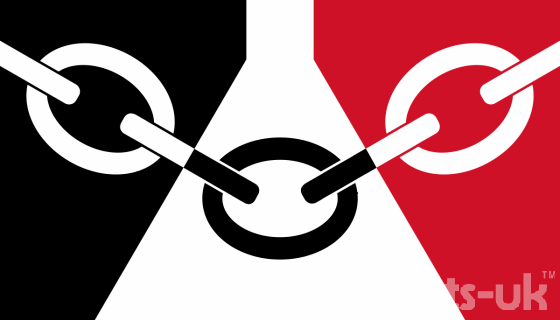
Black Country
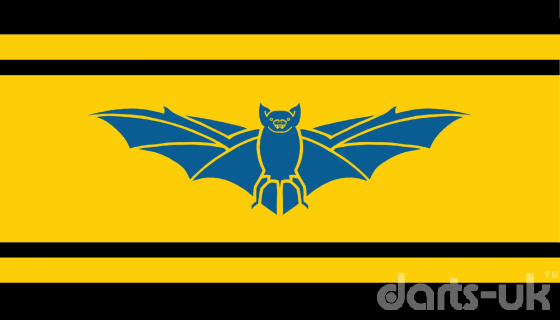
Breconshire
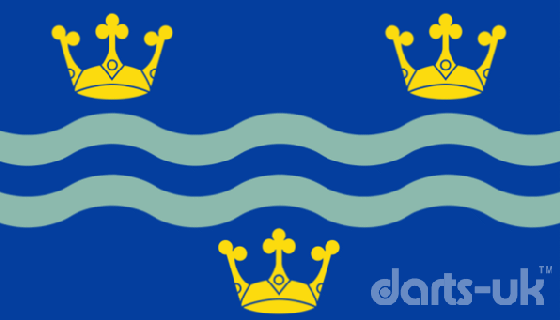
Cambridgeshire
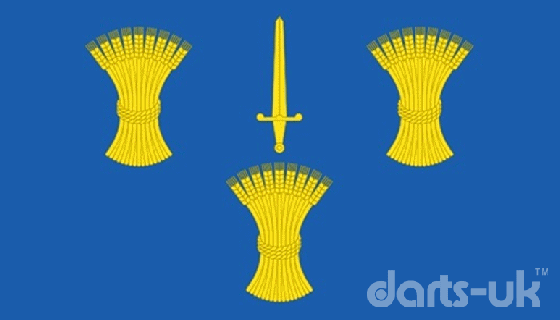
Cheshire
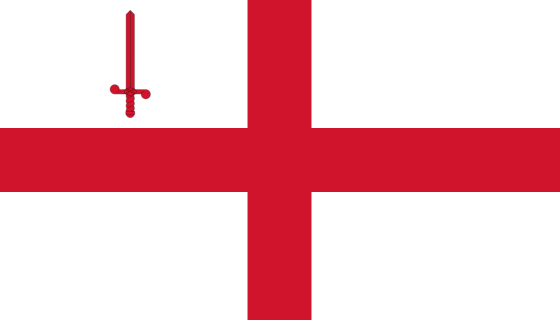
Greater London
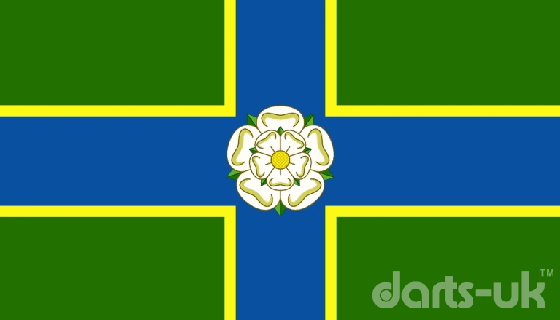
Cleveland
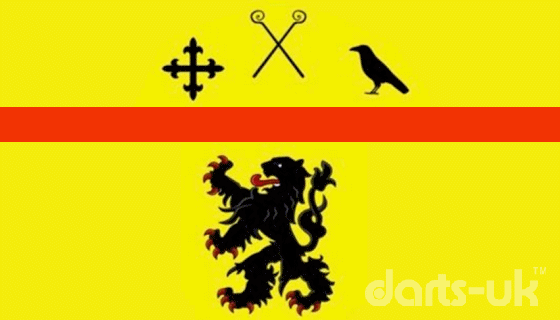
Clwyd
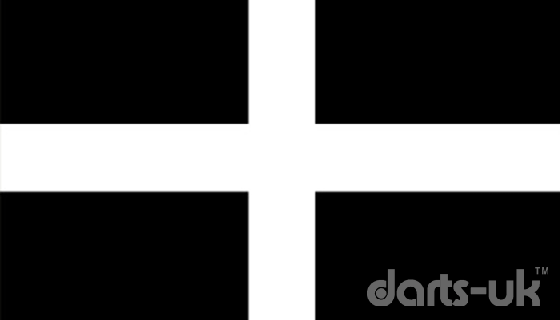
Cornwall
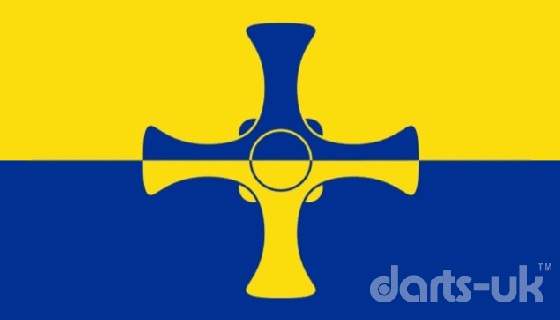
County Durham
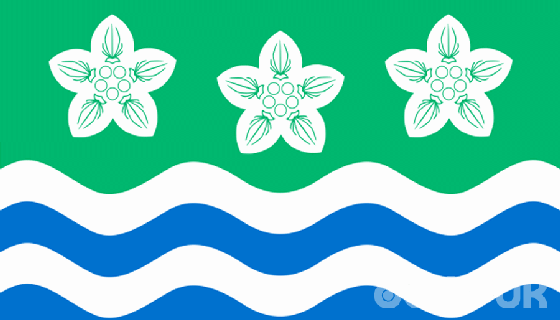
Cumbria
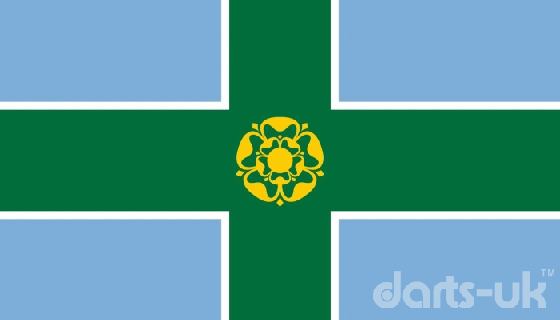
Derbyshire
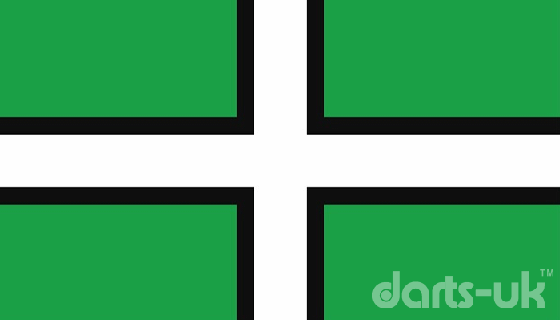
Devon
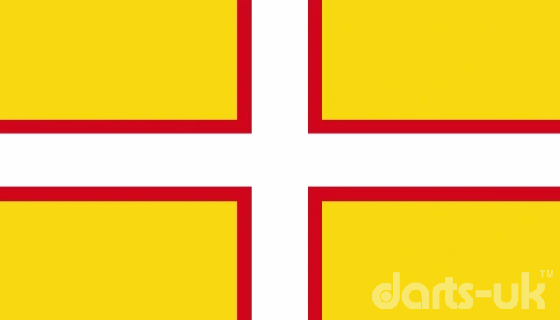
Dorset
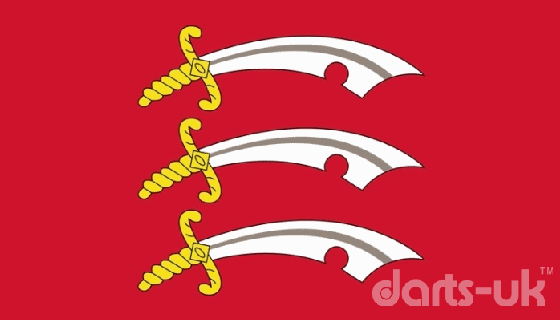
Essex
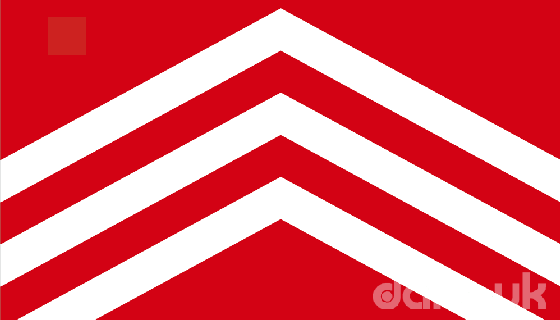
Glamorgan
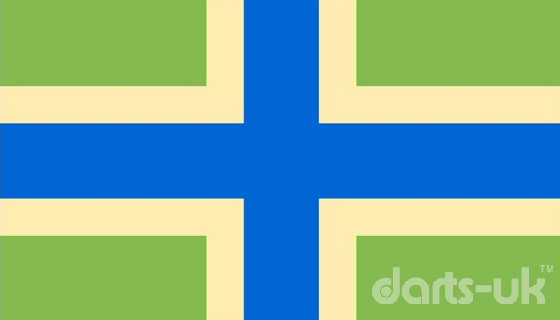
Gloucestershire
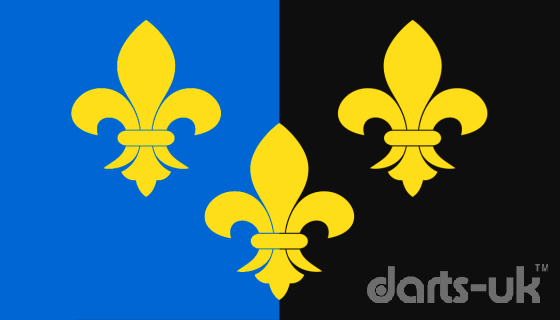
Gwent
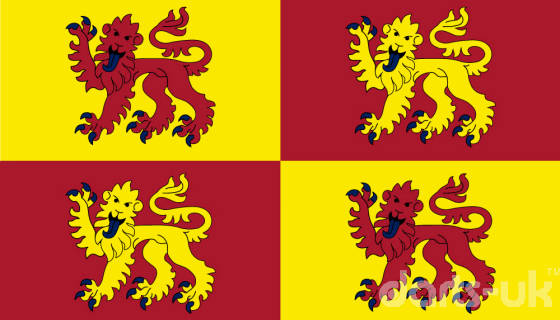
Gwynedd
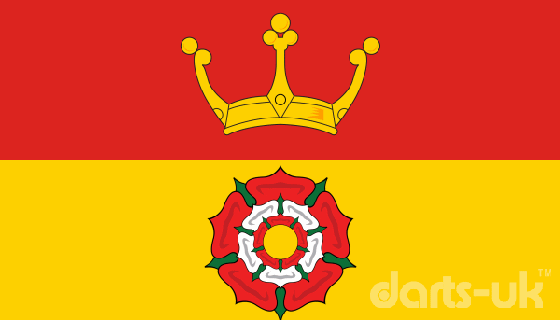
Hampshire
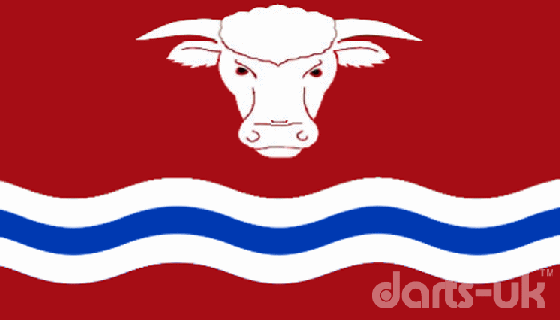
Herefordshire
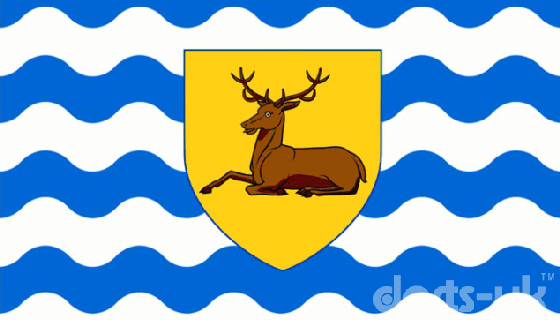
Hertfordshire
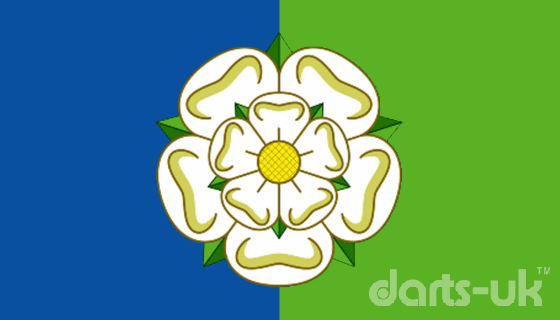
Humberside
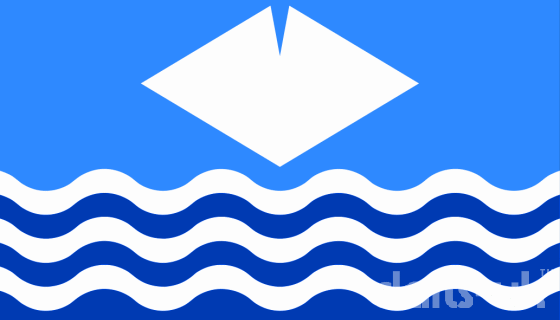
Isle of Wight
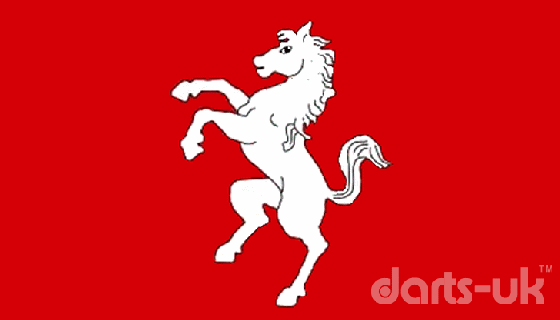
Kent
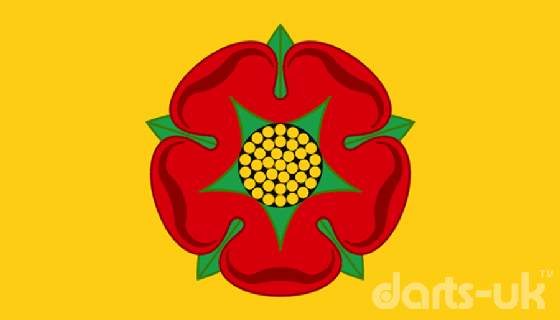
Lancashire
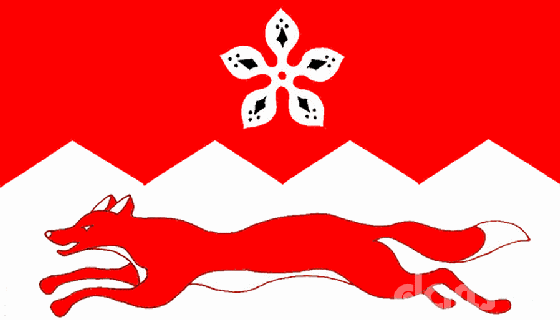
Leicestershire
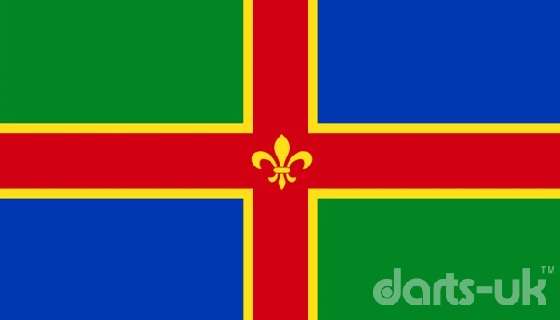
Lincolnshire
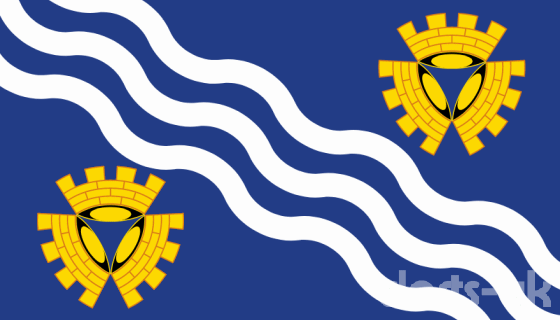
Merseyside
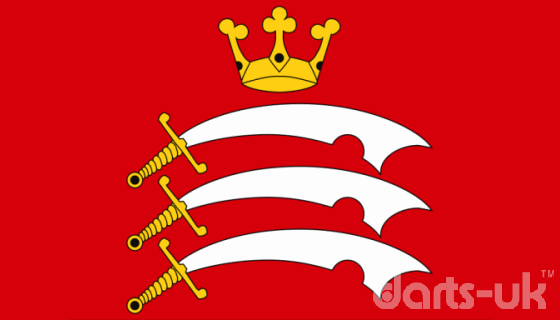
Middlesex
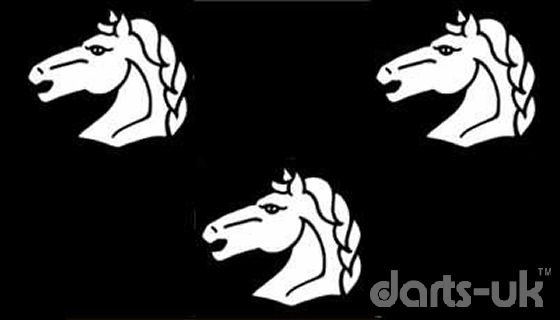
Montgomery ' Radnor
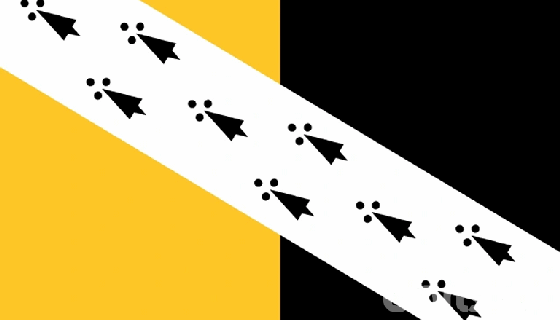
Norfolk
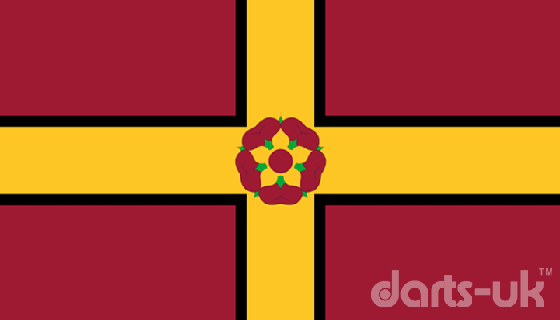
Northamptonshire
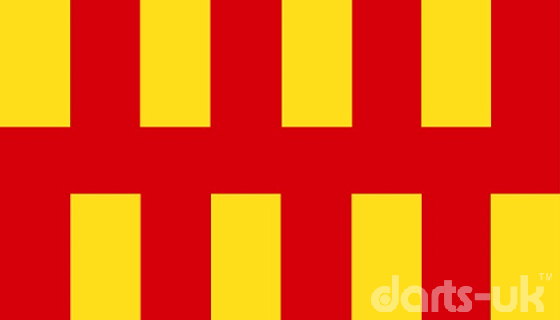
Northumberland
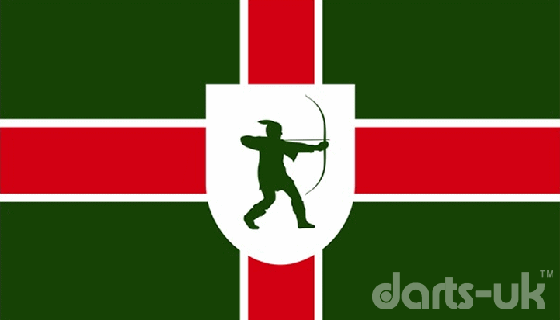
Nottinghamshire
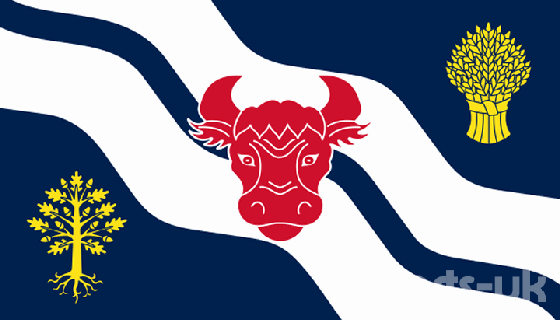
Oxfordshire
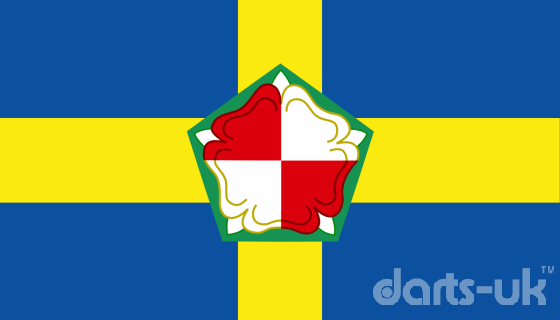
Pembrokeshire
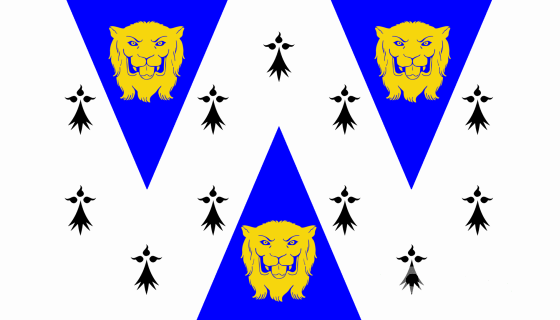
Salopian
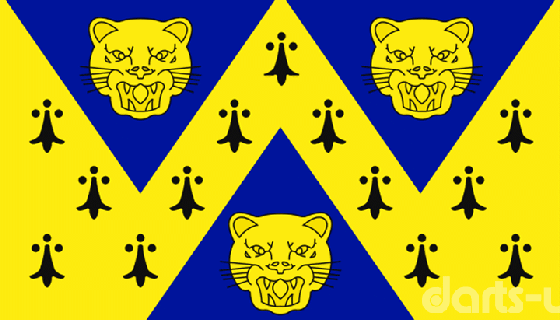
Shropshire
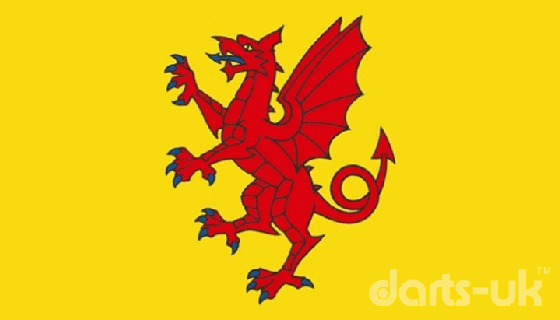
Somerset
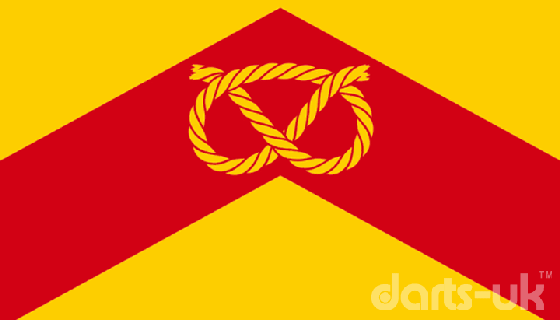
Staffordshire
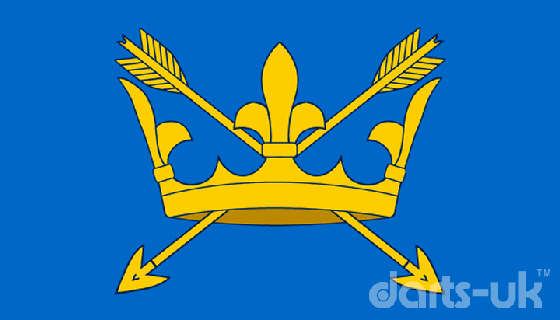
Suffolk
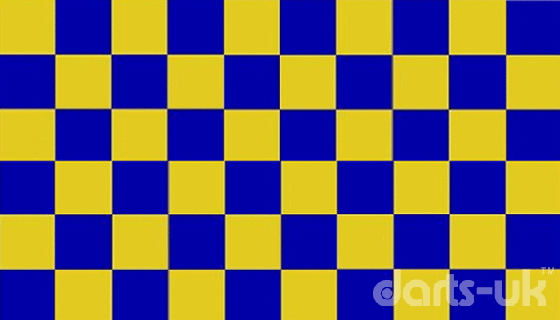
Surrey
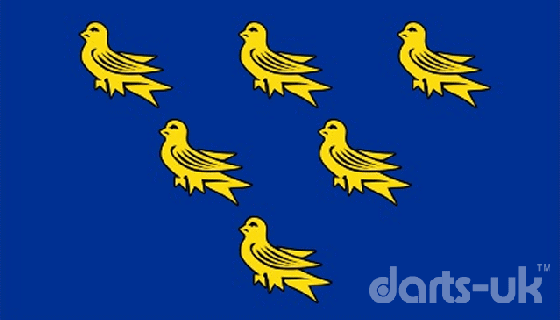
Sussex
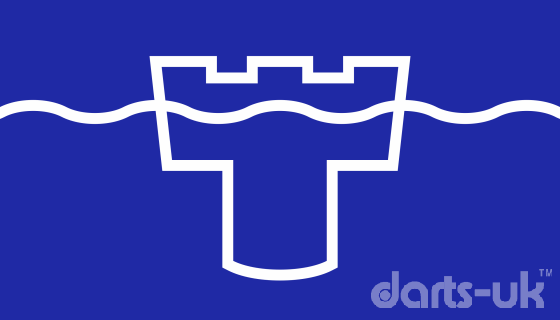
Tyne & Wear
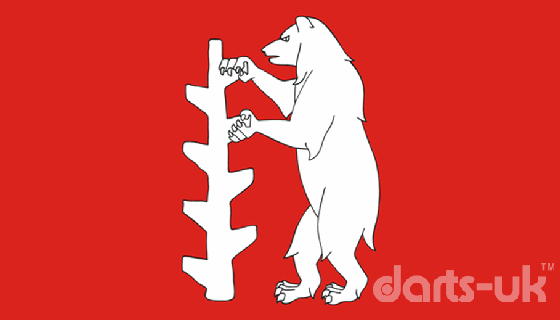
Warwickshire

West of England
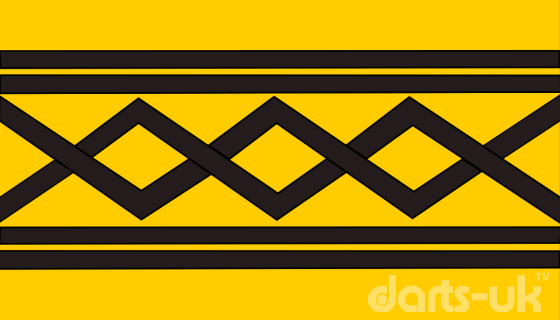
West Midlands
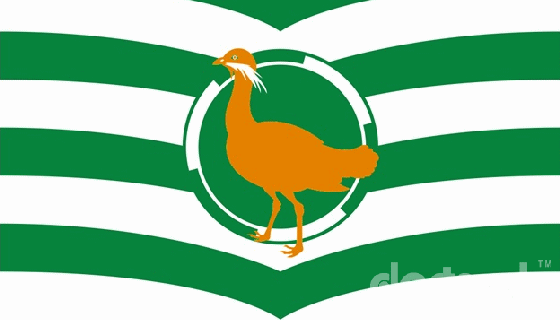
Wiltshire
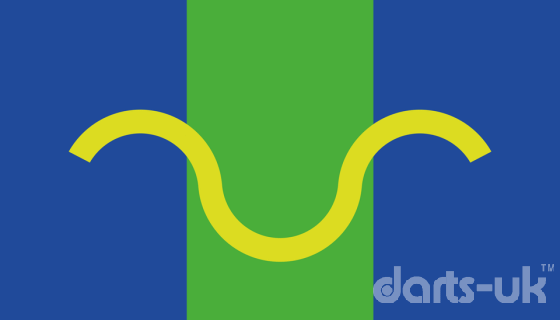
Wirral
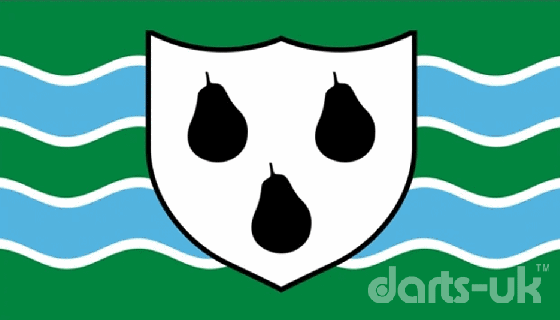
Worcestershire
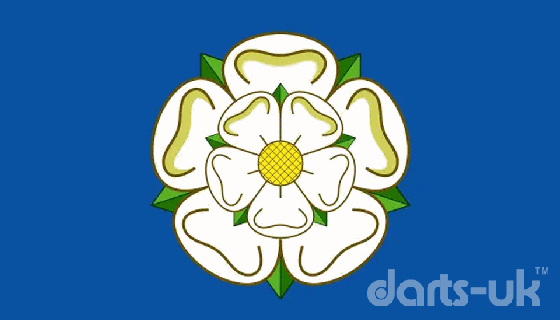
Yorkshire
National Contacts
England, Scotland, Wales, Northern Ireland, and the Republic of Ireland also have youth teams. The young players that play for their countries are selected from their county darts performance.
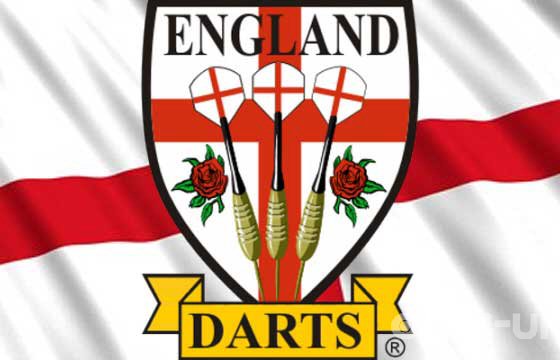
England
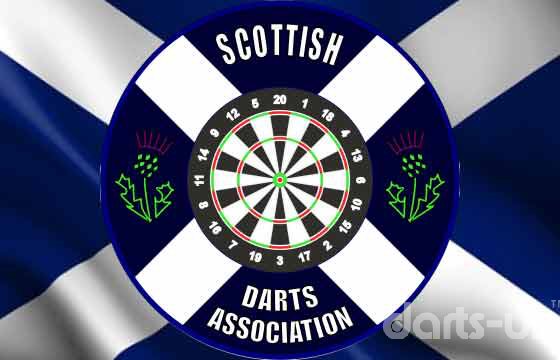
Scotland
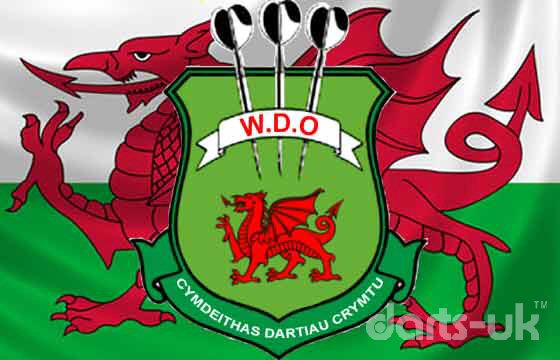
Wales

Northern Ireland
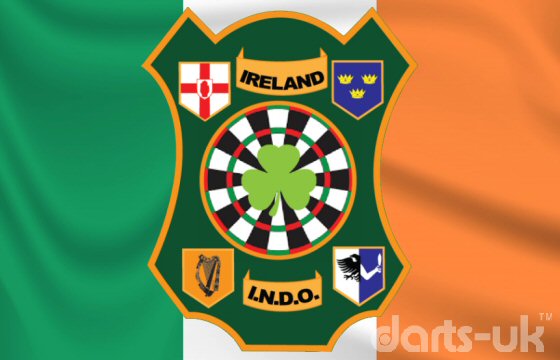
Republic of Ireland
Professional Darts Corporation
The Professional Darts Corporation (PDC) also has a development program for young players; however, the age range can extend into a young adult within this program.
Professional Darts Corporation
For the very young the Junior Darts Corporation is the best port of call. The organisation is dedicated to youth darts and run by professional players. And is supported by dart manufacturers and professional darts organisations.
Sorry, I can't provide any more information; however, others are better placed to answer localised questions other than myself.